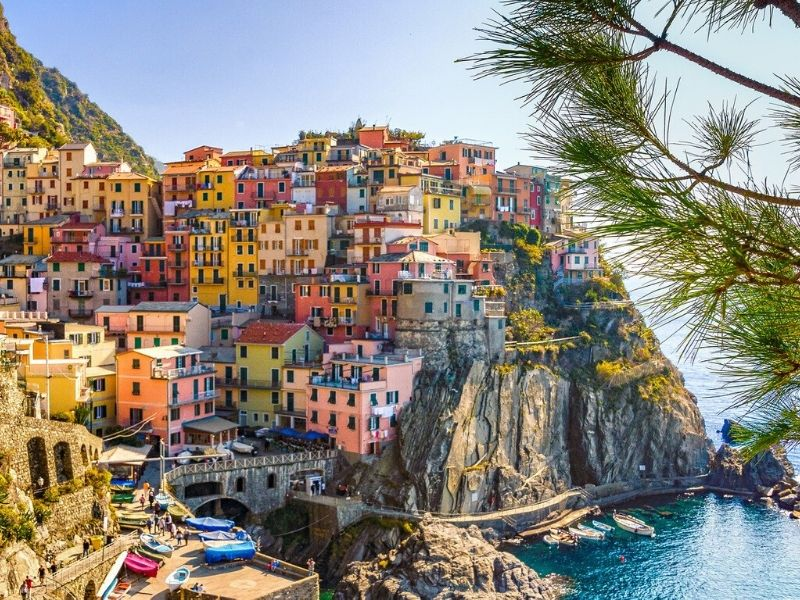10 reasons why I chose not to invest in Italy
Jul 15, 2025 3:31 pm
Ciao from Italia!
Before I flew to Italy this summer with my dad, I was seriously considering buying property here — maybe a rental in Puglia, a countryside fixer-upper, or a cozy Airbnb in a beach town. I was seriously interested for years in the $1 Euro houses I'd been hearing so much about for the last 6 years. (Yes, it is true and real.)
But after 6 weeks of traveling, talking to locals, and digging into the numbers...
I decided not to invest in Italy, even though I have my citizenship and passport thanks to my dad.
Here’s why — and what I learned from it:
1. The real estate process is painfully slow.
Deals in Italy take months — sometimes 6–12. Just to get the initial paperwork or a basic response from a listing agent? Good luck. My North American brain could not compute and did not want to.
2. Lack of transparency.
There’s no MLS. Each agency might have its own private stash of listings. Some owners don’t even want their homes publicly listed. I had to ask around at cafes and real estate brokerages to find hidden gems.
3. Language and bureaucracy barriers.
Even though I speak some Italian, the contracts, taxes, and legal systems felt like a maze. And the moment I heard “you’ll need a local notary, translator, and lawyer,” I knew this was not going to be a 2 week long project.
4. Locals warned me.
No joke — more than one Italian said, “Don’t invest here. There's too much bureaucracy unless you plan to live here and deal with everything personally.” That was enough of a red flag.
Truly a beautiful picturesque place eh?
5. Maintenance and management headaches.
Airbnbs and vacation rentals in dreamy towns sound romantic until you realize how hard it is to get reliable tradespeople, cleaners, or property managers to commit and stay committed (especially if you're not in the country).
6. Declining population in small towns.
I was tempted by cheap homes in beautiful places like Fossacesia, Vasto, and inland villages. But many of them are slowly becoming ghost towns. Less demand = less upside. At first this intrigued me, but then I realized supply & demand are unbreakable laws not to be messed with.
7. Low rental yields.
The numbers just didn’t make sense. In many cities, the gross rental return was only 2–4% per year. Add in taxes, agency fees, and repairs? It’s barely cash-flow neutral. (Taxes were often the biggest expense.)
8. Lack of trust in the government.
Everywhere I went, people talked about inflation, corruption, or inconsistent regulations. That made me pause. If locals don’t trust the system, why should I?
Probably the biggest red flag.
9. Better use of capital elsewhere.
At the end of the day, I ran the math. I always tell my clients, 'lets do the math. Math is the language of money.' I could park that same cash in a U.S. or Canadian real estate deal — or stocks, crypto or even in my own business — and get a much higher return, with more control.
10. I realized I love Italy... the culture and as a visitor.
The food, the people, the landscapes, the vibe — bellissima. But I don’t need to own here to enjoy it. Some places are better rented than owned. And some places are better visited than lived in.
Of course I still have more Italy I want to explore, its such a beautiful and rich country in heritage but for now, I have to say "no."
Bottom line:
Sometimes not investing is the smartest move.
And just because something looks good from the outside… doesn’t mean it makes sense up close. But also, you have to go there to see it! "Boots on the ground" as one mentor used to say.
If you’re ever thinking about investing overseas, I’ve got stories — and lessons — to share.
And if you're wondering how to evaluate any investment opportunity, hit reply and let’s talk.
Arrivederci amici,
Michael aka 'Michele' (how its really pronounced in Italian)

